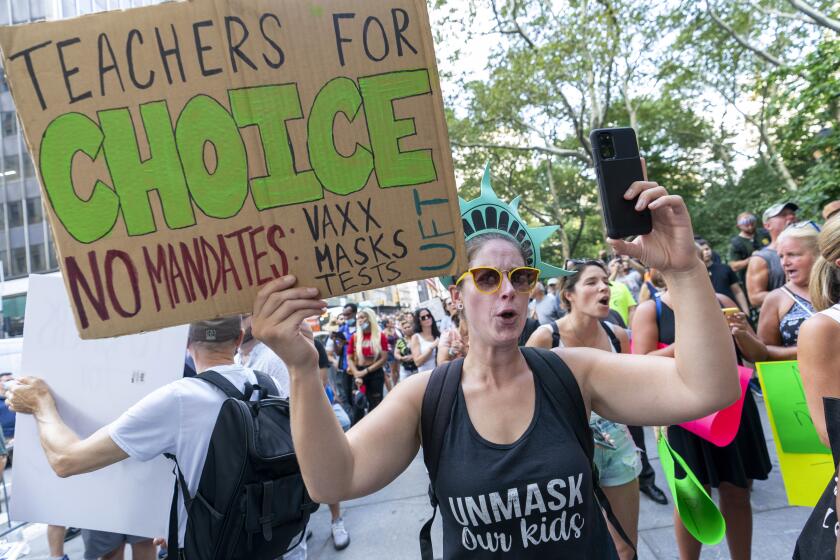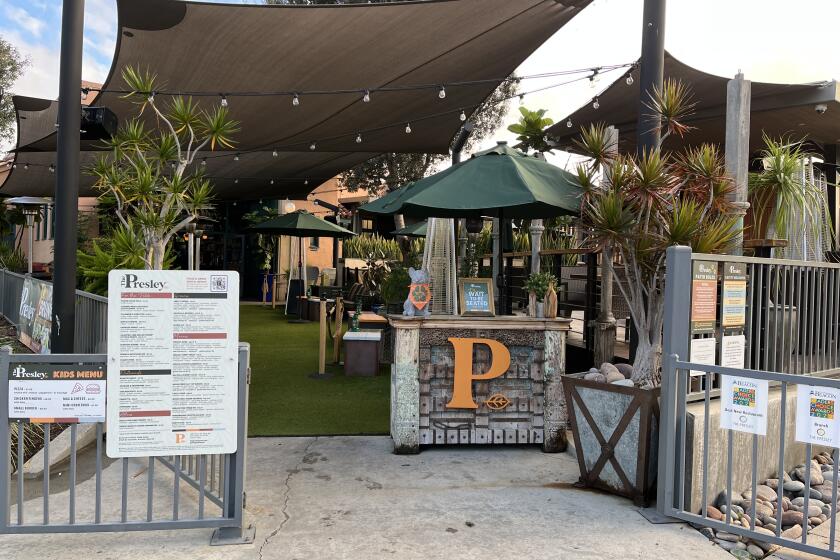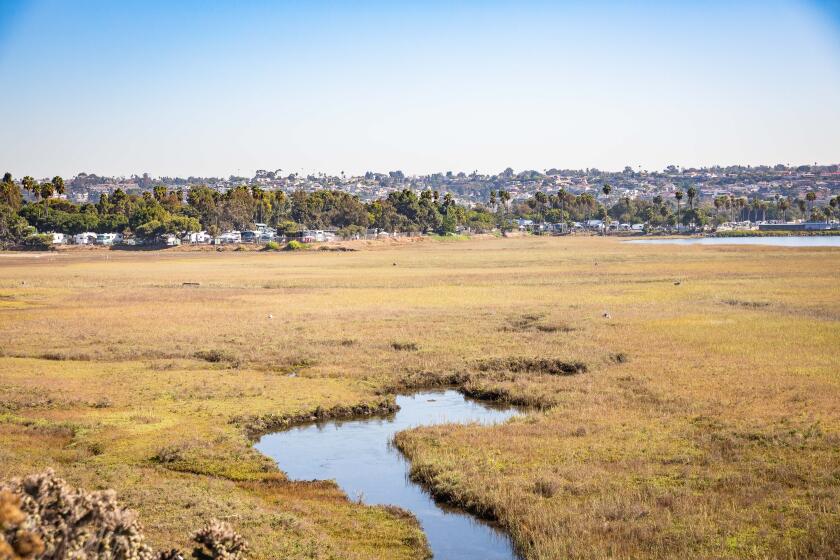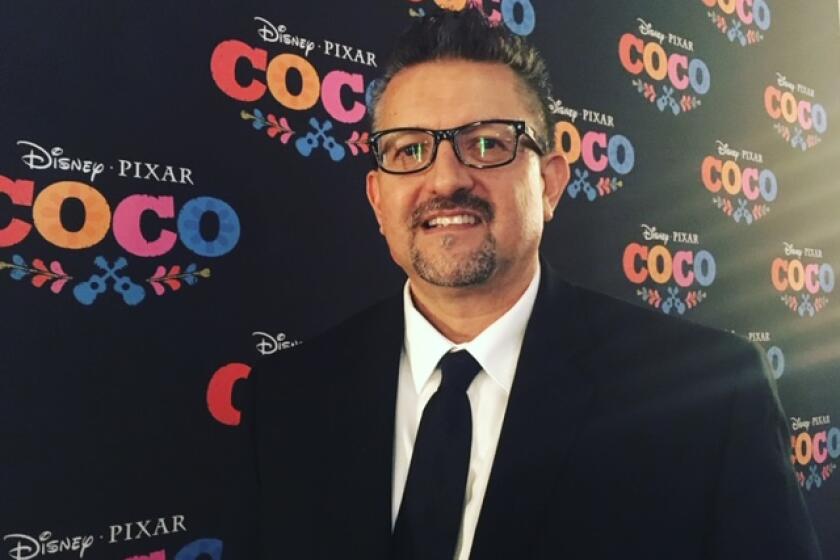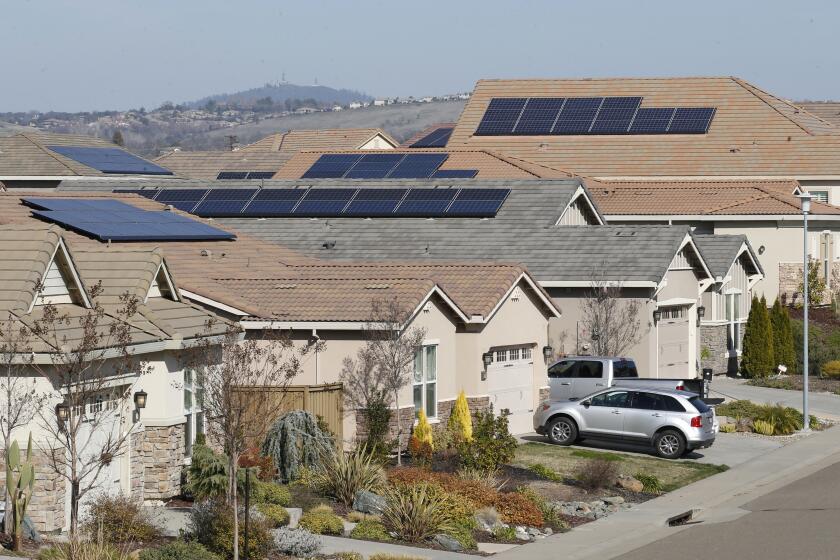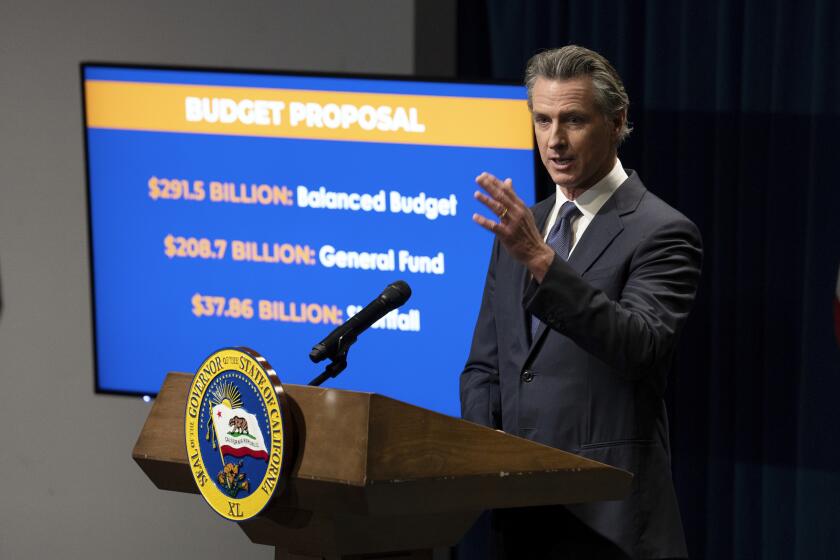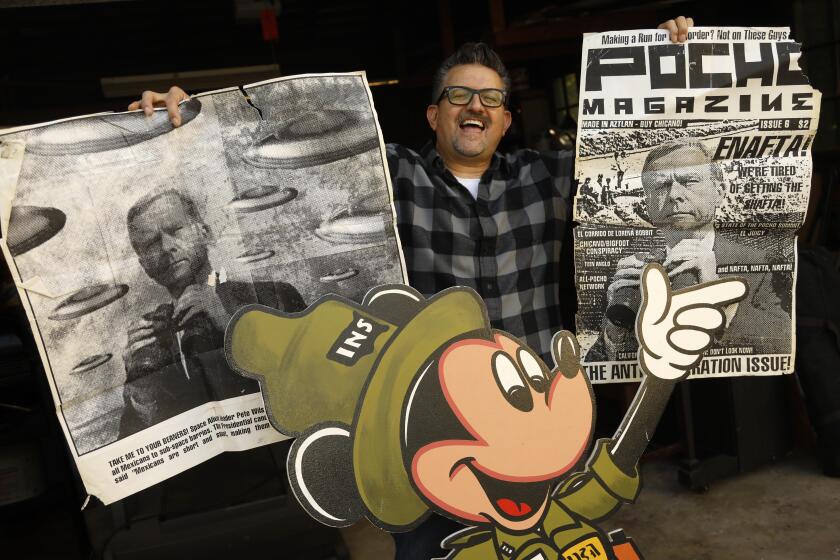Opinion: Your Say on 9/11 memories and the lessons learned from the attacks
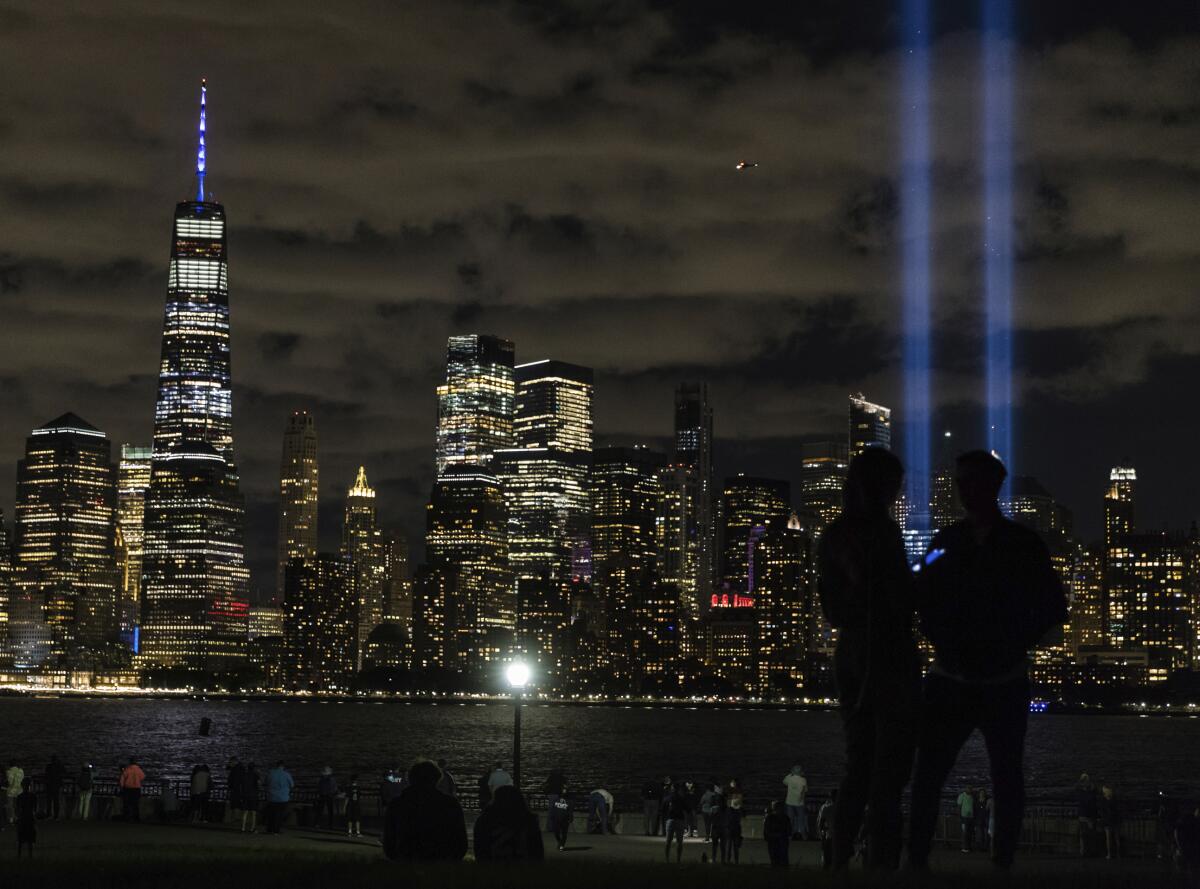
We asked readers: Where were you on 9/11? What went through your mind that day and how has it changed your view of the world, then and now?
We knew that day we were not invulnerable
My wife and I were in our apartment on the 32nd floor at 70th Street and York Avenue in New York City, about five miles due north of the twin towers. My eldest son and his wife were with us, having been visiting for several days. We were due to go out sightseeing that morning, but the events on TV changed our plans dramatically. We stayed in the entire day and evening watching the terrible scene. Outside, it was eerily still. There were no cars on the road, no taxis, no buses, which for New York City was incomprehensible. There was no noise, not even the frequent sirens of emergency vehicles. And there were few pedestrians. All along Fifth Avenue by Central Park were Army and National Guard personnel with half-tracks and other armored vehicles like a war zone but no movement: just parked and waiting.
Were are seeking essays for our Your Say series.
Did it affect my worldview? Of course, but perhaps not in the way that might be thought. Having been raised in a very liberal family, I already had a worldview of American imperialism and how we had interfered in legitimate democratic processes in other countries, especially in the Middle East. So while I was surprised and astounded at this attack, I also understood its origins. And I now realized that we were no longer invulnerable nor free from the reach of violence that affected so many other countries, allies or not. The world had definitely become smaller, and technology had put us all in harm’s way in a manner we had never seen before. It was a frightening realization.
I was emotionally moved walking by my local fire station and seeing the response to the tragedy, walking by fences covered with photos of missing family members with telephone numbers to call if found, seeing makeshift memorials hastily placed along sidewalks. It was heartrending to know the loss of life that had occurred and to understand the enormity of grief that now engulfed the city. It was unimaginable. I thought of other cities that had suffered physical destruction and how it had seemed inconceivable that could occur here, but it had and our innocence was gone forever.
I have never condoned violence or terrorism no matter the cause, so this event reinforced my belief that peaceful dialogue and international cooperation were the only way to a better world. But I knew that this act would become a driving force in American foreign policy and in shaping the opinion of the American body politic. Subsequent events extending for 20 years and still ongoing have reinforced my view.
Bob Braude, Kensington
There was worry and fear like never before
On the morning of Sept 11, 2001, I was getting ready for work, excited about giving a workshop to staff at San Diego Hospice on the spiritual and emotional needs of patients. Our eldest son, who lived in San Francisco, called and asked, “Mom, are you watching television?” I was not but turned on the TV to see the devastation and nightmare in New York City. Like the rest of the world, I and my family experienced stunned disbelief and cried out as another plane hit the second tower. In zombie-like fashion, I continued to get ready, not wanting to leave the security of my home with my family.
As a clinical hospital chaplain, it was my job to bring spiritual presence to patients and families. But as I welcomed those who showed up for my workshop, the time spent was one of supporting staff, talking to one another with lots of tears and hugging. One of the students said that his sister lived in New York City and he needed to leave to find out if she was OK.
That day and days following were a blur even though most of us were obsessed with watching the news.
That day brought a level of fear to my life that I had never experienced before. Would we be next? In the hours that followed we learned of the Pentagon and Pennsylvania. I worried about family and friends on the East Coast. Not only was I feeling fearful I was feeling a level of mistrust and anger — none of which was my normal way of being. It’s that mistrust that gets me the most. How often have we been told, “If you see something, say something?” When visiting the site a year later and the 9/11 Museum years after that, I was struck by the silence and the reverence — both of which I still feel today.
Josie Rodriguez, Mission Hills
Some events remain etched in our minds
On a trip to Hoover Dam, my mother asked us, “Where were you when the Japanese attacked us at Pearl Harbor?” We looked at each other. We weren’t even born yet. But, after reflecting on it, I could see the sentiment. Severe trauma etches thoughts crystal clear in our minds. I was not alive for Pearl Harbor, but I was in seventh grade class at Our Last of the Rosary when Monsignor Ormbsy came in and told us President John F. Kennedy has been assassinated. It seemed like it was yesterday.
Sept. 11, 2001 was a cloudy morning in San Diego. Temperature was 65 degrees. I had just awoke and turned on the “Today” show. The north tower was already hit. At 6:03 a.m. PDT the south tower was struck. What did I feel? Shock, disbelief, fear and profound sadness.
Were we being attacked? Who was responsible? Were we next?
The remainder of the day was surreal. We watched in horror as the towers collapsed and we lost thousands of souls.
It changed everything for everybody. Everything. Osama bin Laden could not have imagined what he wrought on that one day. As Franklin Delano Roosevelt said, a date which will live in infamy.
Jack Keane, San Carlos
Staying free and open while safe and secure
“Mom! Come Look! A plane crashed into the World Trade Center!” We gaped at the incredulous scene — surely a terrible accident. Then, to our disbelief, another plane was seen heading for the second tower, dispelling all notions it could be a random occurrence.
Because of that single day, Sept. 11, 2001, America experienced multiple losses: thousands of lives of people who were in the air and on the ground in addition to those, like the first responders, who later died as a result of the disaster. The Pentagon was damaged and the World Trade Center, symbol of American wealth and prestige, was destroyed. But the prevailing effect of 9/11 is that we can no longer feel invulnerable just because we live in America. Our sense of security came from the protection assured by our government, Constitution and military and the fact that there had been no combat on the U.S. mainland since the Civil War. We’d grown a little smug knowing how envied we were and that multitudes had risked everything, including their lives, to be here. How then could people knowingly volunteer to die just to destroy what we have? That was the baffling conundrum.
It is said that the source of evil is envy. In 1999, “Time” magazine quoted Osama bin Laden as saying, “Hostility toward America is a religious duty. ... I am confident that Muslims will be able to end the legend of the so-called superpower that is America.” Bin Laden has since been eliminated, but in the weeks following the attack it was evident that he did accomplish the goal of terrorism, which is to make people feel unprotected by their government. What he also accomplished was to cause fear and distrust of Muslims, the vast majority of whom are peaceful people who were just as horrified by the attack as the rest of us.
In the 20-year interim since 9/11, a multitude of measures have put the U.S. on alert and fortified our defenses. The ultimate challenge now is to maintain a society that can be free and open while protecting our country from those who wish to bring America down.
Louise Birket, San Marcos
We have to be ready for the next disaster
I was awakened by a call from a jokester friend who said, “Hey man, one of your airplanes just flew into the World Trade Center!” I replied, “Not funny. Maybe a small airplane, but never an airliner!” I turned the TV on and watched plane No. 2 be enveloped by the other tower. As an American Airlines pilot who had just flown a 767 from New York to L.A. two days earlier, and who often flew Boston, there but for the grace of God went I. I lost a flight attendant friend in one airplane, and a college buddy in the World Trade Center. The date 9/11 has never been an abstraction to me; it is very real to this day.
Later that morning, at a local pilots’ union meeting, we decided to go to San Diego’s airport in subsequent days, in teams of two uniformed pilots for four-hour stretches, and just talk to people standing in line. We wanted to assuage passengers’ fears and support them for continuing to fly. If these people had stayed home, “the terrorists” would have won. I became very involved in airline security.
As a lifelong traveler, I was not surprised that 9/11 occurred. So many countries have at one time been subjugated, invaded or the like, and they appreciate freedom in a way that we never have. We’re blessed to the nth degree, but with a blind sense of invulnerability, too many of us lack gratitude, humility and watchfulness. For a while, people around the world “all became Americans,” sharing our pain and disbelief. I visited Ground Zero in December 2001, and looked down into the still-smoking hole, tears streaming down. I purposely went back on the 10th anniversary and spent unforgettable time with first responders.
For a while, a newfound appreciation for what is important (family, friends, health, peace, opportunity) washed through our country. We became better humans. We also took a great many measures to address our vulnerabilities and counter our threats. Some have worked better than others.
By and large, I feel we have fallen back asleep. Our national pendulum has no damper, and we surrender our personal responsibility to the media, politicians and the divisive need to be right. The iPhone has taken the place of face-to-face interaction, and civility and respectful discourse are sorely lacking. We surrender critical thinking at the altar of feel-good information pollution.
I urge to people to wake up and to be constructively self-critical. Practice watchful awareness, not out of fear, but rather from a place of mature judgment, like defensive driving. Ask: Where am I blind, and how can I be a better, kinder steward of the country and the planet? Ask: Are we learning from history? If not, let’s insist on better leaders who put service before self. Grave, subtle threats exist.
Prediction: One of these days, for whatever reason, the power grid will go down for more than a few days. ATMs, gas stations, cash registers and cellphone coverage will go dark. Are you ready?
Richard Plush, Solana Beach
Remember How Kind We Were?
Many years ago I had dinner at the famed Windows on the World restaurant at the top of the north tower of the World Trade Center during the winter holidays. I remember the peaceful snow flurries as I looked out the windows, 1300 feet above New York City. However, returning back to ground level from so far up, the snow had melted into a light mist of rain — like a veil of tears.
Now the north and south towers, once 110 stories and the world record for tallest buildings, are gone. This has become the site of the National September 11 Memorial and Museum. The lessons here teach us about kindness, courage, resiliency, compassion, inclusivity, healing, hope, unity — a respect for one another — lessons especially important right now.
I visited the National September 11 Memorial and Museum in 2018, three decades after my dining experience. Now, two gaping holes encompass the footprints of the twin towers. Thin streams of water cascade into the voids—like a veil of tears—and disappear into a secondary void at the center of each pool.
In the museum, one exhibit, “In Memoriam,” commemorates the lives of the nearly 3000 victims. The surrounding walls show their faces and names, and an audio exhibit tells their stories, which are devastating. Here is but one account of that fateful day.
After the south tower was struck, a woman received a phone call from her husband, who worked there. He said he was on the 105th floor, trying to find a way to escape, but found it futile. So they started talking about all the happiness they had shared during their lives, all the special times, the fun they had together, the pleasure of each other’s company. As smoke got thicker the husband whispered repeatedly, “I love you.” Then the woman heard the roar of an avalanche. The south tower had collapsed. She called her husband’s name, over and over, into the phone. Then held the phone to her heart.
Remember how in the immediate aftermath of 9/11 people were nicer to each other? Americans were more united. We admired the cooperation and heroism of the passengers and crew on United Airlines Flight 93 who fought courageously to overwhelm the terrorist hijackers, bringing their plane down into a field in Pennsylvania. An operator in contact with a man on that flight remembered his last words to the other passengers: “Are you ready? Okay. Let’s roll!” Presently we’re having trouble with some airline passengers cooperating to wear a mask to protect themselves and others from a deadly virus.
Furthermore, the Flight 93 hijackers had a likely target of the U.S. Capitol. On January 6 the Capitol was stormed by Trump supporters waving a Confederate flag and chanting, “Hang Mike Pence,” trying to overturn a presidential election.
How would those who lost their lives want to imagine America 20 years after attacks that brought us so much closer together initially? What do we owe their memories?
Larry Beck, La Mesa
Sept. 11 still has lessons for our nation
On 9-11, after an alert from family in Ohio to turn on the TV, I arrived at Sunset View Elementary School where I was the school psychologist. I couldn’t stop seeing planes smash into NY skyscrapers, imagining the horror of being there.
How any human - regardless of where they were born, what religion or non-religion they ascribe to - could be convinced that ending life on earth, while taking out as many humans as possible, is a good thing, is beyond me.
San Diego is fortunate to have had in our midst UCSD Professor Emeritus Chalmers Johnson (“Sorrows of Empire,” “Nemesis,” “Blowback”). Johnson was the Asian expert who went to Okinawa to advise our government, after an uproar caused by a car accident. A U.S. military person killed an Okinawan & was transferred out (official U.S. military policy) to escape justice and the wrath of the Okinawans.
Perhaps Native Americans understand the sorrow & incomprehension of usurpers taking one’s sacred lands. Okinawans had to get permission from the U.S. military to visit, for a few hours, sacred land to honor forefathers & mothers, When the U.S. ousted the Japanese from Okinawa during W.W.II, the U.S. moved in permanently.
I attended one of Johnson’s lectures. He said his wife told him he needed more optimistic endings to his books. His trilogy was too pessimistic. Regarding 9-11, Johnson said there were any number of people who could have done it, including Okinawans. Perhaps he didn’t meant it literally, as Okinawan culture and history are inconsistent with suicide-bomber mentality.
Chalmer’s main point: The many U.S .bases, strung out over the globe, with a fleet of jets available to military brass who can get in a game of golf at their favorite base, did us no favor in winning hearts and minds. On these compounds, American service men, women & children live in mini U.S.A.’s. Immediately outside the walls, humans born there live lives bearing no resemblance to the lives of the humans on the inside.
In my 20’s, I learned presidents lie sometimes - Democrats & Republicans. Losing the young man I loved when he became a forever MIA on May 31, 1966, changed my life. Love for current events, history & foreign service changed to psychology to deal with my sorrow.
Years later, finding the love of my life helped me return to my original interests. I retired from a psychology career in 2008 and ran for Congress. Though I didn’t make it past the Democratic primary, I treasure the experience.
During that brief campaign, I spoke William Rothrock Edmondson’s name. His life was cut short in 1966. I connected his death to George W. Bush’s presidency (2001-2009): ‘Saddam Hussein is enriching uranium; the Iraquis will welcome us with open arms.’
With so many Americans thinking their freedom is being denied by the CDC, health experts & epidemiologists telling them to get vaccinated, save their lives, the lives of fellow Americans & the lives of fellow humans around the world, my optimism about our future is in line with Chalmers Johnson’s.
Cheryl Martin Ede, Pacific Beach
Get Essential San Diego, weekday mornings
Get top headlines from the Union-Tribune in your inbox weekday mornings, including top news, local, sports, business, entertainment and opinion.
You may occasionally receive promotional content from the San Diego Union-Tribune.
